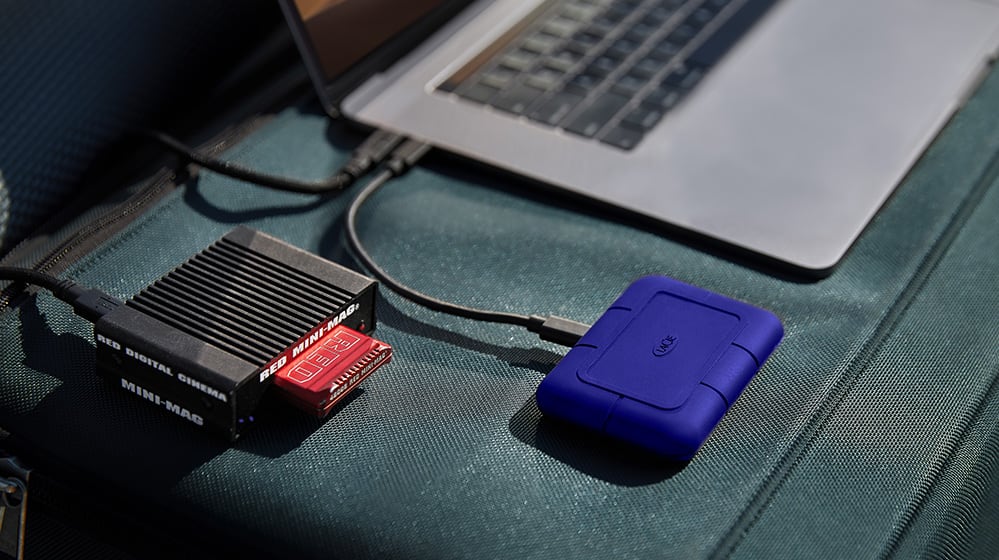Why Intel Raptor Lake’s disappointing laptop CPU benchmarks don’t add up
Intel’s Raptor Lake processors for laptops have been spotted in some leaked benchmarks, giving us a potential idea of their performance – and at first glance, it seems seriously disappointing, but there’s more to this than meets the eye, as we’ll discuss shortly.
First off, let’s examine the benchmarks themselves, which are from mobile CPUs running in a Samsung laptop. Namely the beefy Core i9-13900HK and the Core i7-13700H, both of which appeared in Geekbench 5, as Benchleaks highlighted in a couple of tweets (via Wccftech). Treat all of this with a good deal of caution, as with any spilled benchmarks.
[GB5 CPU] Unknown CPUCPU: Intel CoreT i9-13900HK (14C 20T)Min/Max/Avg: 4730/5372/5273 MHzCodename: Raptor LakeCPUID: B06A2 (GenuineIntel)Scores, vs AMD 5800XSingle: 1817, +5.2%Multi: 11799, +9.8%https://t.co/8C8aHv1Y7nSeptember 27, 2022
The pre-release sample 13900HK, which has 14-cores and 20-threads (meaning 6 performance cores and 8 efficiency cores), recorded a result of 1,817 for single-thread and 11,799 for multi-thread.
The Core i9-13900HK hit almost 5.4GHz for maximum boost during benchmarking, averaging just a touch under 5.3GHz.
As for the Core i7-13700H, this laptop CPU has the same core configuration as the Core i9 above, and achieved a score of 1,768 for single-threaded performance, and 10796 for multi-threaded.
This 13700H managed a top boost speed of very nearly 5GHz during benchmarking, and averaged at 4.9GHz.
Analysis: Big boost, but wonky performance? And the mystery of the ‘T’
Seeing a 5.4GHz boost – still at a relatively early stage – for the Core i9-13900HK is pretty impressive, as if you recall, the 12900HK boosts to 5GHz, so it’s a chunky step up. That said, the Geekbench results are disappointing on the face of it, as these laptop processors are slower than their Alder Lake counterparts. However, this is still an early sample CPU, and clearly there’s still work to be done – we can expect much speedier results as Raptor Lake mobile comes closer to release.
Furthermore, there is a notable oddity here, as the more eagle-eyed will have noticed, which is that the Intel processors in these leaked benchmarks are labeled as ‘CoreT’ rather than just Core. So, is this a new brand of mobile chip? After all, Intel did just announce the future rebranding of its Celeron and Pentium parts for laptops, as you may recall, with those names being retired – so this has led some to speculate about what’s going on here.
Well, we very much doubt any change is happening here. CoreT is a clunky looking name, and besides, Intel did clarify in the whole Celeron renaming thing that the Core family (and vPro) would remain exactly as they are with no alteration. Also, Intel already has a T-series which are lower-power chips (clocked slower), so this would be seemingly confusing all-round (the ‘T’ in those CPUs comes at the end of the processor name, not after Core, too).
As Wccftech points out, what’s most likely going on here is that this was supposed to say ‘TM’ – as in trademark – on Geekbench, and the ‘M’ has been missed off. Or it’s some kind of mistake, at any rate, or indeed this could point to the benchmarks being fake (always a possibility).
That aside, there’s a bit of further confusion here: the cache sizes stipulated are the same as Alder Lake, rather than Raptor Lake which beefs up things a bit on this front. This could point to Raptor Lake mobile being a straight and simple refresh of Alder Lake, which again would be disappointing – but we think it’s too early to be drawing conclusions like this.
Or, as Wccftech theorizes, there could be CoreT parts as a simple refresh, and actual Raptor Lake mobile CPUs aside from this (with the larger cache sizes). But we’re not buying this for all the reasons we’ve just gone over, and it’d just complicate things massively for consumers, of course.
We should see more leakage in the near future on the laptop processor front for Raptor Lake, and that’ll no doubt help clarify some of the sketchier points these benchmarks have raised. We’re pretty sure, however, that CoreT is a red herring, and we’re definitely sure that these mobile CPUs will be much faster than this when release comes. They have to be, quite simply.







